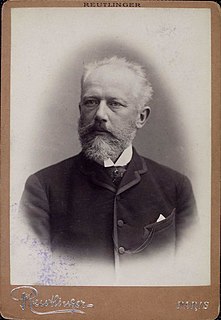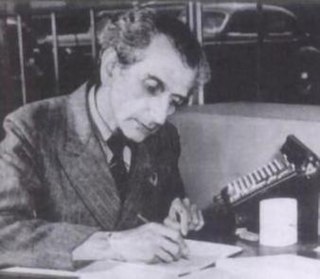A Quote by Roger Zelazny
To waste! You are unknown and unwanted, save by me. This, because you are fairly adept at the various embalming arts and you occasionally compose a clever epitaph.
Related Quotes
The term 'epitaph' itself means 'something to be spoken at a burial or engraved upon a tomb.' When an epitaph is a poem written for a tomb, and appears in a book, we are aware that we are not reading it in its proper form: we are reading a reproduction. The original of the epitaph is the tomb itself, with its words cut into the stone.
I favor the policy of economy, not because I wish to save money, but because I wish to save people. The men and women of this country who toil are the ones who bear the cost of the Government. Every dollar that we carelessly waste means that their life will be so much the more meager. Every dollar that we save means that their life will be so much the more abundant. Economy is idealism in its most practical form.
Most of the arts, as painting, sculpture, and music, have emotional appeal to the general public. This is because these arts can be experienced by some one or more of our senses. Such is not true of the art of mathematics; this art can be appreciated only by mathematicians, and to become a mathematician requires a long period of intensive training. The community of mathematicians is similar to an imaginary community of musical composers whose only satisfaction is obtained by the interchange among themselves of the musical scores they compose.
Homo religiosus invents religious symbols, which he venerates and worships to save him from facing the finality of his death and dissolution. He devises paradise fictions to provide succor and support... In acts of supreme self-deception, at various times and in various places he has been willing to profess belief in the most incredible myths because of what they have promised him.
(The tree bend over. Suddenly, a hiss and a meow sounded an instant before two cats darted off across the backyard.) Look, Lanie, it’s Mr. Tomcat come to save me from my celibacy. Oh, help me, Moon Mistress. Whatever am I to do with the attentions of such an unwanted suitor! Help me quick, before he kills me with my allergies. (Grace)




































